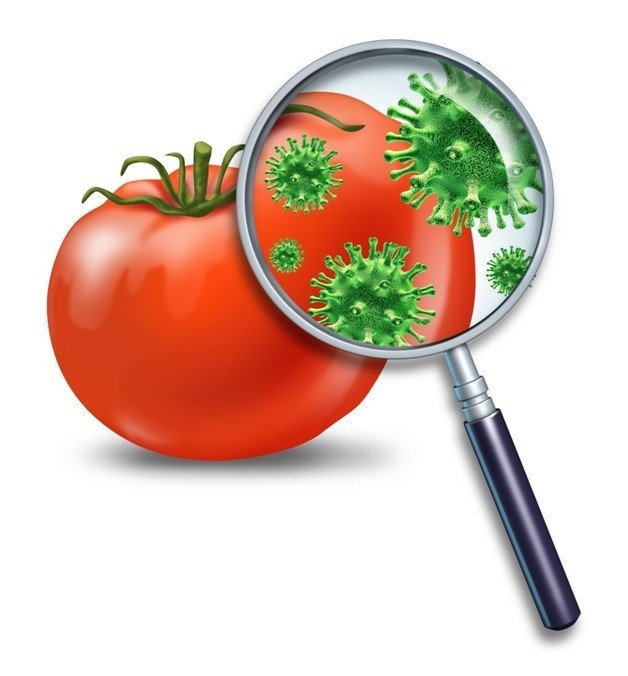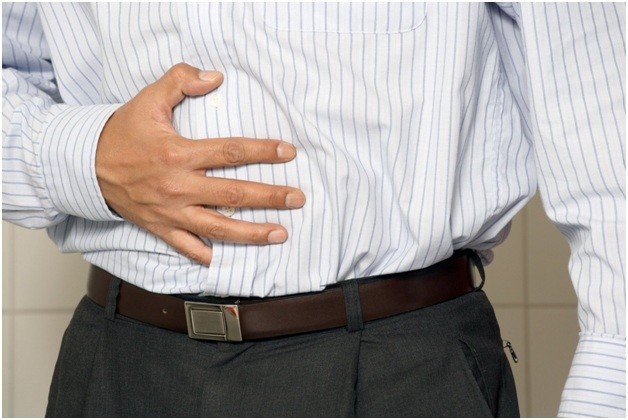Ask cruise passengers about the highlight of their trip and you’ll likely hear a lot of different answers, ranging from exciting shore excursions to luxurious spa experiences. But one thing a lot of cruise passengers are especially thrilled about is the gourmet food they’re served onboard. These days, major cruise lines offer much more than just a buffet line and cafeteria. The organizers often work hard to provide passengers with a seemingly endless variety of food—including regional specialties—and stunning settings for dining.
Unfortunately, cruise passengers can’t enjoy all the fine food offerings, or anything else, for that matter, if they eat something bad and end up suffering from food poisoning for the rest of their trip. Although not a common occurrence on cruise ships, a single batch of contaminated food can affect a large number of passengers and derail the entire trip. For example, some 200 passengers and 13 crew members fell ill after eating contaminated shrimp on the Disney Magic back in 2000. Close to 100 of those passengers had to be treated in the ship’s hospital, and seven needed IVs for extreme dehydration.
Cruise lines obviously don’t want their crew and passengers to suffer from a major gastroenteritis outbreak, and they typically take every precaution they can to make sure their food is safe to eat. Read on to learn what steps cruise ships should be taking, and what you—as a passenger or crew member—can do to make sure you don’t spend the entire voyage locked in the bathroom.
How Cruise Lines Handle Food Safety
All cruise ships are monitored by the Centers for Disease Control (CDC). In the 1970s, the CDC launched a Vessel Sanitation Program to better track and prevent gastrointestinal illnesses on cruise ships. As part of the program, the health protection agency will perform both scheduled and surprise inspections of cruise ships, investigate any gastrointestinal outbreaks, and train cruise ship employees on public health practices, including proper food handling techniques.
Everyone who works in a cruise ship kitchen or is part of the wait staff should have a food handler’s permit, and cruise lines should perform thorough background checks before hiring kitchen personnel. In addition to experienced chefs and kitchen staff members, cruise lines also typically hire public health and safety specialists who are responsible for making sure the entire crew adheres to the highest level of hygiene and safety standards.
What You Should Do to Stay Safe
Just because cruise lines are supposed to take food safety precautions doesn’t mean you should just sit back and assume anything you’re served while onboard is 100% safe. Don’t be afraid to send back meat or fish that appears to be undercooked, and never eat anything that you know (or suspect) it might cause an allergic reaction.
You should also watch out for perishable items that have been sitting out in the sun. For example, if your cruise ship’s outdoor buffet is offering a mayo-heavy potato salad or a cream sauce that’s been out in the sweltering heat for hours, you should take a pass—and let a crew member know that you’re concerned about the safety of the food.
Be vigilant about the food you eat when you’re on shore, as well, as the cruise line has less control over what you eat on land (even if they have an affiliated caterer or restaurant at the port). Only drink water from sealed bottles to ensure you’re not given a refill from the tap.
What to Do If You Do Get Sick
It’s disappointing to end up suffering gastrointestinal distress while you’re on vacation, but you shouldn’t try to push yourself to do all the activities you originally wanted to do on the trip in case you fall ill. You’ll need to see the ship’s doctor, rest, drink plenty of water, and wait the illness out. If you’ve purchased any cruise insurance, you may be able to get partial or full refund once you get back to shore. In cases where there’s a major outbreak, the cruise line itself will offer a refund.
If you suffer serious symptoms that last for more than a few days or feel that the cruise doctor mishandled your illness and made your situation worse, you may also need to contact a cruise injury lawyer. If you end up with a sickness that sends you to the hospital and leaves you with a hefty bill, the negligent cruise line should be responsible for providing compensation.
About the Author:
Andrew Winston is a partner at the personal injury law firm of The Law Office of Andrew Winston. He has been recognized for excellence in the representation of injured clients by admission to the Million Dollar Advocates Forum, is AV Rated by the Martindale-Hubbell Law Directory, and was recently voted by his peers as a Florida “SuperLawyer”—an honor reserved for the top 5% of lawyers in the state—and to Florida Trend’s “Legal Elite.” His experience in successfully handling numerous cruise ship accident cases recommends him as one of the most competent and skilled lawyer in the area of maritime personal injury law and wrongful death.

















